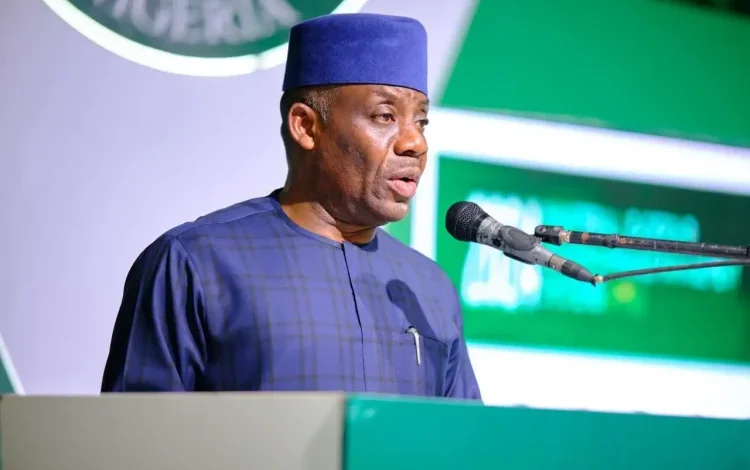FG upgrades 38 Technical Colleges to equip youths with competitive skills

To empower Nigerian youths with globally competitive skills, the Federal Government (FG) has upgraded 38 federal and state technical colleges.
During the 2025 Quarterly Citizens and Stakeholders Engagement on the Nigeria Education Sector Renewal Initiative (NESRI) in Abuja, Education Minister Dr. Tunji Alausa announced this reform.
Additionally, he introduced the Technical and Vocational Education Training (TVET) initiative, which shifts Nigeria’s education system toward a skill-based economy.

The TVET program targets over 650,000 enrollees and focuses on 35 high-demand trades identified through industry assessments.
Furthermore, a dual-training model has been implemented, requiring students to spend 80% of their time on hands-on training and only 20% in classrooms.
Consequently, this initiative aims to equip five million youths with relevant skills within four years.
Key Priorities in Education Reform
Under the FG “Renewed Hope” agenda, Dr. Alausa emphasized critical intervention areas, including TVET, girl-child education, STEM, and digitalization.
He also addressed the urgent need to reduce Nigeria’s 15 million out-of-school children and 45 million learning-poor population.
Notably, adolescent girls—particularly six million aged 12–19 not in school—remain a top priority.
FG new policy on anti-bullying in schools
Meanwhile, the Minister launched the National Policy on Anti-Bullying to create safer learning environments.
Specifically, the policy tackles physical, verbal, psychological, and cyberbullying while outlining roles for administrators, teachers, and parents.
By promoting respect and accountability, the framework ensures inclusivity nationwide.
Collaboration and Innovation to Transform Education
In her welcome address, Minister of State for Education Prof. Suwaiba Sa’id Ahmed stressed collaboration and innovation as key drivers of change.
She stated, “Transforming Nigeria’s education system demands unwavering dedication and inclusive reforms.”
Moreover, she highlighted NESRI’s role in aligning with President Tinubu’s Renewed Hope Agenda through stakeholder engagement.
The Federal Ministry of Education reiterated its commitment to improving access, equity, and quality in education.
By fostering dialogue and evidence-based policies, this initiative marks a pivotal step toward global standards and sustainable progress.
Ultimately, these reforms will bridge critical gaps in skills development and educational access for Nigerian youths.
Post Views: 56




